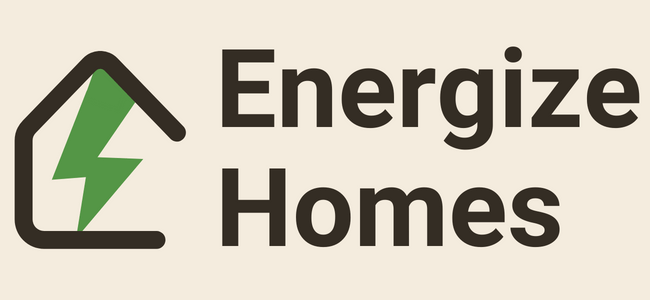Can I Install A Heat Pump Myself Or Do I Need A Professional?
When considering the installation of a heat pump in your home, it’s crucial to weigh the advantages and disadvantages of a DIY approach against hiring a certified HVAC (Heating, Ventilation, and Air Conditioning) professional. Both options have their merits, but they also come with unique challenges and intricacies.
While installing a heat pump on your own may seem cost-effective initially, the technicalities involved make it a risky venture for someone without proper training and certification. From legal implications concerning refrigerant handling to intricate electrical work, the details are not to be taken lightly.
Hiring a professional HVAC contractor ensures not only compliance with regulations but also the optimal performance and longevity of your heat pump system. Therefore, unless you have specialized knowledge in HVAC systems, it is highly recommended to consult a certified professional for installing a heat pump.
Regulatory Compliance
Codes and Permits
Building codes and local regulations often necessitate permits for HVAC installations. These codes ensure the system is up to safety and efficiency standards. Missing a single code compliance can lead to legal complications.
| DIY | Professional |
|---|---|
| Risk of missing a regulatory requirement | Guaranteed to meet codes and obtain required permits |
Refrigerant Handling
Federal law in the U.S. mandates that only certified individuals can handle refrigerants, such as R-410A, used in heat pumps. Failure to comply can result in fines.
| DIY | Professional |
|---|---|
| Risk of legal repercussions | Certified to handle refrigerants safely |
Installation Complexity
System Sizing
Improper sizing can significantly reduce the efficiency of the heat pump. A Manual J Load Calculation is industry standard for determining the correct size.
| DIY | Professional |
|---|---|
| Likely to misjudge the size | Expertise in accurate load calculations |
Electrical Wiring
Heat pumps require complex electrical connections, including high-voltage wiring, that must be executed precisely.
| DIY | Professional |
|---|---|
| Risk of electrical hazards | Knowledge of electrical circuitry ensures safety |
Performance and Longevity
System Efficiency
A poorly installed heat pump will operate inefficiently, causing more energy consumption and higher bills.
| DIY | Professional |
|---|---|
| Potential for reduced efficiency | Ensured optimal performance through calibrated installation |
System Lifespan
Improper installation can result in the heat pump having a shorter lifespan, often voiding the warranty as well.
| DIY | Professional |
|---|---|
| Risk of premature failure | Warranty protected; longer lifespan |
Costs
Upfront Costs
Though hiring a professional may seem like a larger upfront investment, improper installation can lead to costly long-term repercussions.
| DIY | Professional |
|---|---|
| Lower upfront cost, but potential for higher long-term expense | Higher upfront cost but lower risk of future expenses |
